
A Coastal Gem: Discover Mbour, Senegal
Nestled along the Petite Côte of Senegal, Mbour is a vibrant fishing port with a rich cultural tapestry. Its coastal charm and friendly locals make it an inviting destination for tourists seeking both relaxation and adventure. The town is famous for its bustling fish market, where you can witness the daily catch being brought in by colorful pirogues. This lively scene offers a glimpse into the everyday life of the Senegalese people and provides a unique opportunity to sample fresh seafood. Beyond the shoreline, Mbour boasts beautiful sandy beaches that stretch for miles. These beaches are perfect for sunbathing, swimming, or simply enjoying a leisurely stroll. The warm Atlantic waters are ideal for a variety of water sports, including snorkeling, windsurfing, and sailing. For those interested in wildlife, a visit to the nearby Bandia Reserve offers a chance to see African animals like giraffes, rhinos, and zebras in their natural habitat. Mbour is also a cultural hub, with numerous festivals and events throughout the year. The Sabar dance, a traditional Senegalese dance accompanied by rhythmic drumming, is a must-see. Additionally, the town's local markets are a treasure trove of handmade crafts, textiles, and jewelry. These markets are perfect for picking up unique souvenirs and supporting local artisans. As you explore Mbour, you'll find a range of dining options, from traditional Senegalese dishes to international cuisine, ensuring a delightful culinary experience.
Local tips in Mbour
- Visit the fish market early in the morning to see the local fishermen bringing in their catch.
- Don't miss a Sabar dance performance to experience traditional Senegalese culture.
- Bring sunscreen and a hat as the sun can be quite strong, especially on the beaches.
- Consider renting a bike to explore the town and its surroundings at your own pace.
- Try local dishes like Thieboudienne and Yassa for an authentic taste of Senegalese cuisine.
A Coastal Gem: Discover Mbour, Senegal
Nestled along the Petite Côte of Senegal, Mbour is a vibrant fishing port with a rich cultural tapestry. Its coastal charm and friendly locals make it an inviting destination for tourists seeking both relaxation and adventure. The town is famous for its bustling fish market, where you can witness the daily catch being brought in by colorful pirogues. This lively scene offers a glimpse into the everyday life of the Senegalese people and provides a unique opportunity to sample fresh seafood. Beyond the shoreline, Mbour boasts beautiful sandy beaches that stretch for miles. These beaches are perfect for sunbathing, swimming, or simply enjoying a leisurely stroll. The warm Atlantic waters are ideal for a variety of water sports, including snorkeling, windsurfing, and sailing. For those interested in wildlife, a visit to the nearby Bandia Reserve offers a chance to see African animals like giraffes, rhinos, and zebras in their natural habitat. Mbour is also a cultural hub, with numerous festivals and events throughout the year. The Sabar dance, a traditional Senegalese dance accompanied by rhythmic drumming, is a must-see. Additionally, the town's local markets are a treasure trove of handmade crafts, textiles, and jewelry. These markets are perfect for picking up unique souvenirs and supporting local artisans. As you explore Mbour, you'll find a range of dining options, from traditional Senegalese dishes to international cuisine, ensuring a delightful culinary experience.
When is the best time to go to Mbour?
Iconic landmarks you can’t miss
African Renaissance Monument
Discover the African Renaissance Monument, Dakar's iconic symbol of hope and unity, and experience breathtaking views and rich cultural heritage.
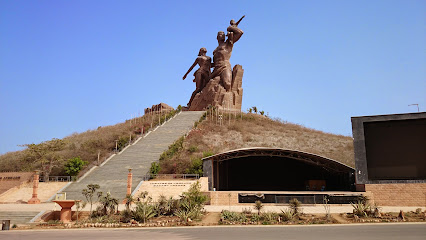
Bandia Reserve
Explore the breathtaking Bandia Reserve, a wildlife refuge in Senegal teeming with diverse species and stunning landscapes, perfect for nature lovers.
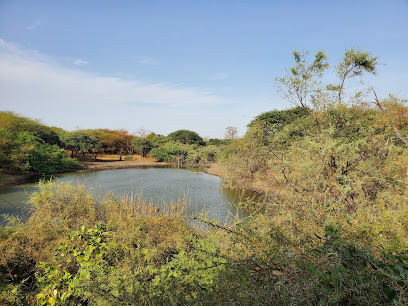
Lamantin Beach Hotel
Experience ultimate luxury and relaxation at Lamantin Beach Hotel, a stunning beachfront retreat in the heart of Dakar, Senegal.

IFAN Historical Museum
Discover the heart of Senegal’s culture at the IFAN Historical Museum, showcasing rich heritage and artistic traditions.
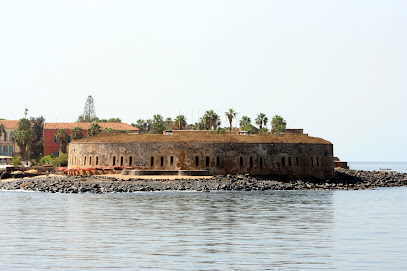
Monument du Millénaire
Explore the Monument du Millénaire, a stunning historical landmark in Dakar that embodies the city's rich cultural heritage and vibrant history.
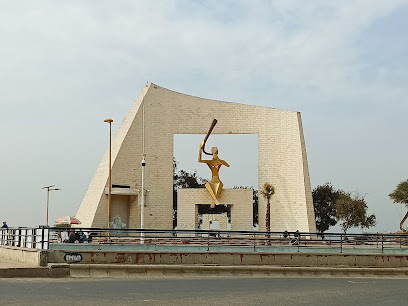
IFAN Museum of African Arts
Explore the IFAN Museum of African Arts, where Africa's rich cultural heritage comes alive through stunning art and artifacts.
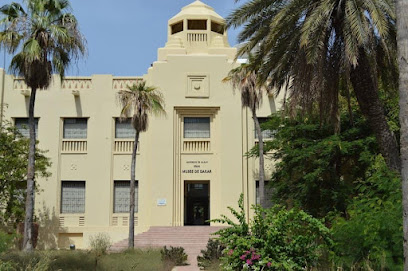
Mémorial Gorée-Almadies
Explore the Gorée-Almadies Memorial, a powerful tribute on Gorée Island, reflecting the resilience of history and culture in Senegal.
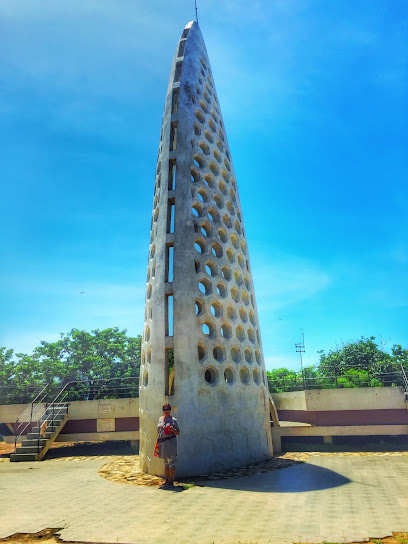
Mosquée Serigne Saliou de Mbour
Explore the tranquil beauty and spiritual significance of Mosquée Serigne Saliou de Mbour, a stunning architectural gem in the heart of Senegal.
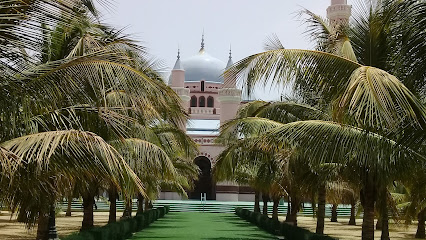
Lagune de la Somone
Explore the serene beauty of Lagune de la Somone, a nature preserve in Senegal renowned for its lush landscapes and vibrant wildlife.
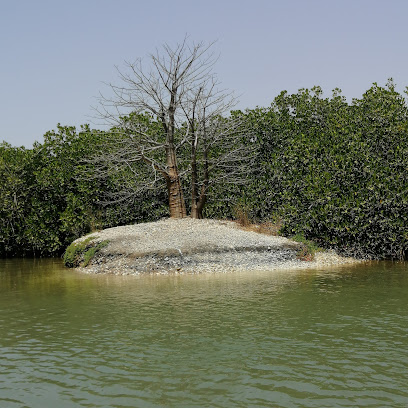
Tama Lodge
Discover Tama Lodge in Mbour, a serene coastal hotel offering comfort, local culture, and easy access to the stunning beaches of Senegal.

La Ferme de Saly
Discover the authentic flavors of Senegal at La Ferme de Saly, a charming restaurant in Mbour offering fresh, local cuisine in a delightful setting.
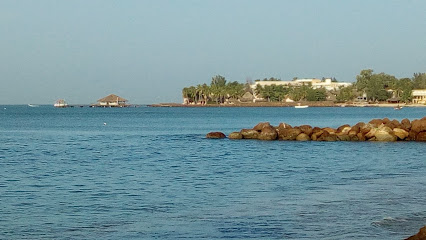
Keur Marrakis
Experience the perfect blend of comfort and local cuisine at Keur Marrakis, your ideal getaway in the heart of Mbour, Senegal.

Monuments de grand yoff
Discover the vibrant cultural heritage of Dakar at Monuments de Grand Yoff, a captivating landmark showcasing Senegal's rich history and traditions.
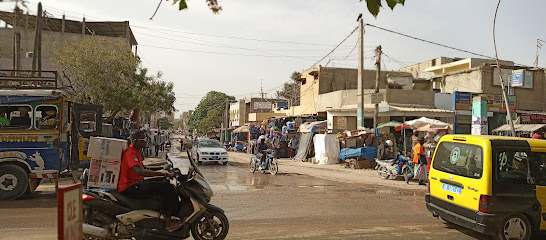
Kart'ing SALY
Discover the excitement of go-kart racing at Kart'ing SALY, a premier recreation center in Ngaparou, perfect for families and thrill-seekers alike.

Happy Excursions Senegal
Explore the vibrant culture and breathtaking landscapes of Senegal with Happy Excursions – your ultimate sightseeing partner in M'bour.
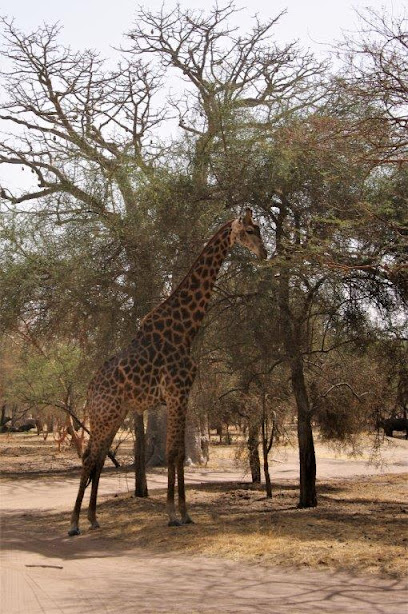
Unmissable attractions to see
Place du Souvenir Africain
Explore the rich cultural heritage of Senegal at Place du Souvenir Africain, a stunning memorial dedicated to the African diaspora and freedom.
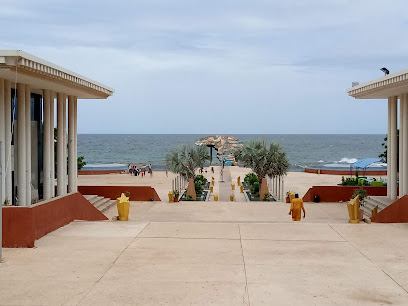
Magic Land
Experience the magic of family fun at Magic Land, Dakar's top amusement park with exciting rides and attractions for all ages.
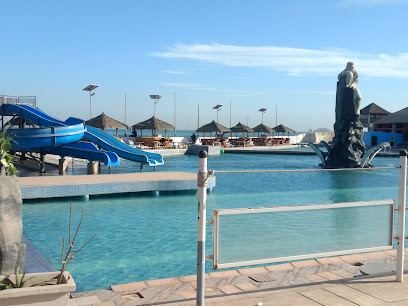
IFAN Historical Museum
Explore Senegal's cultural heritage at the IFAN Historical Museum in Dakar, showcasing artifacts that tell the story of this vibrant nation's history.
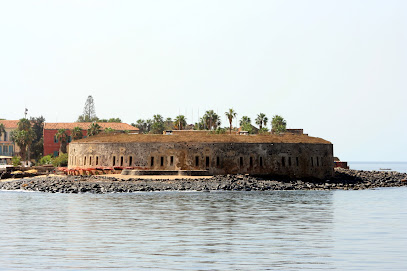
IFAN Museum of African Arts
Discover the heart of African culture at the IFAN Museum of African Arts, a treasure trove of history and artistic expression in Dakar.
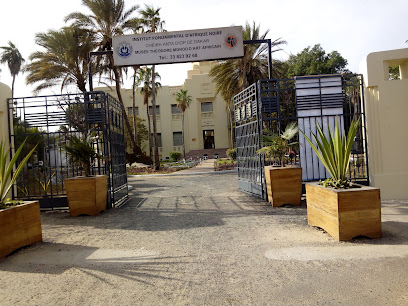
accrobaobab adventure
Discover adventure in Senegal at Accrobaobab Adventure, where tree-top thrills meet stunning natural beauty in an unforgettable experience.
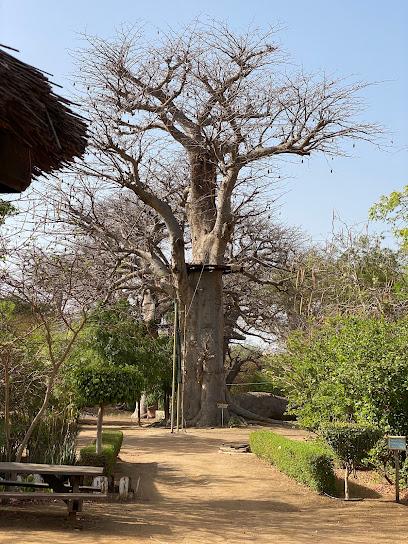
Senegalese Armed Forces Museum
Discover Senegal's military heritage at the Senegalese Armed Forces Museum, where history comes alive through captivating exhibits and artifacts.
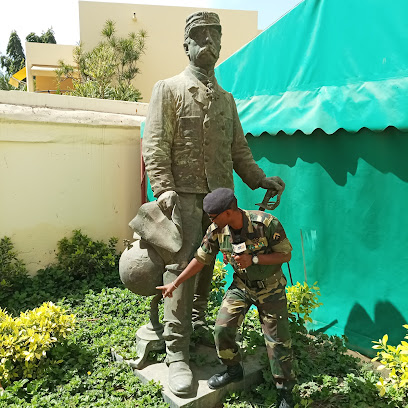
Senegal Excursions
Explore Senegal's beauty with Senegal Excursions: your gateway to unforgettable boat tours, bus tours, and unique carriage rides in stunning Somone.

Somone Lagune Excursions
Experience the breathtaking beauty of the Senegalese coast with Somone Lagune Excursions, where tranquility and adventure await.
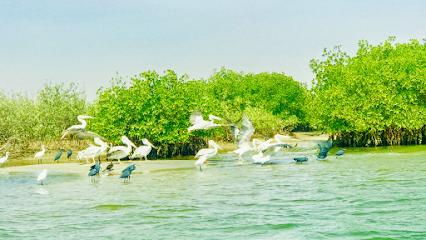
entrée reserve de bandia
Discover the wild beauty of Reserve de Bandia, an animal park in Senegal offering breathtaking wildlife experiences and stunning natural landscapes.
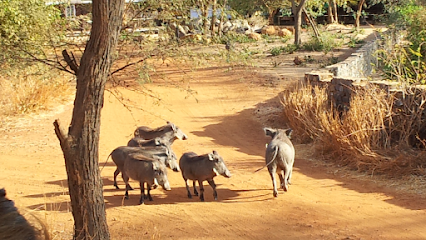
Sogui Tours Senegal
Explore the heart of Senegal through Sogui Tours, where vibrant culture meets breathtaking landscapes in Mbour.
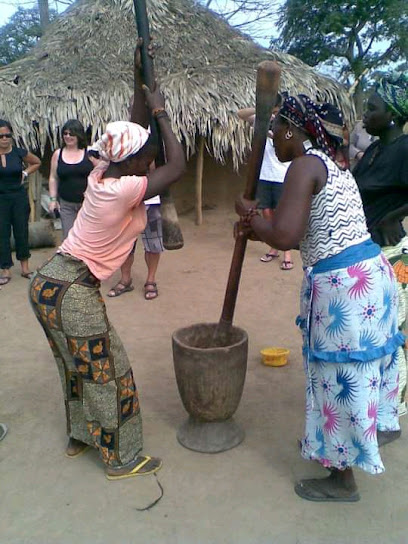
Fathala
Explore the wonders of Fathala in Toubakouta, Senegal, where adventure meets conservation in a stunning natural setting.
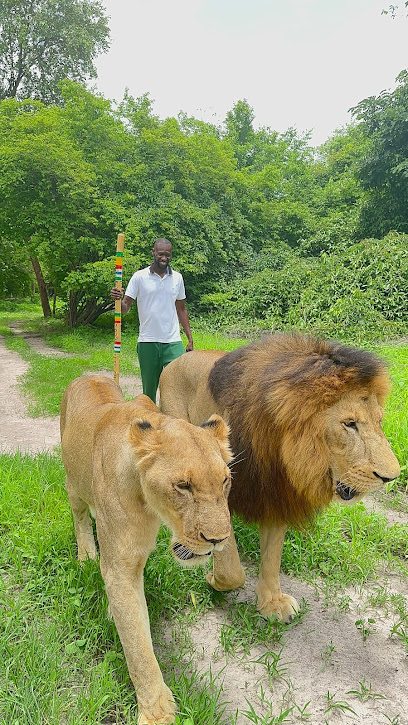
Pont de Joal Fadiouth
Experience the breathtaking hiking trails and vibrant local culture at Pont de Joal Fadiouth, a must-visit destination for nature lovers in Senegal.
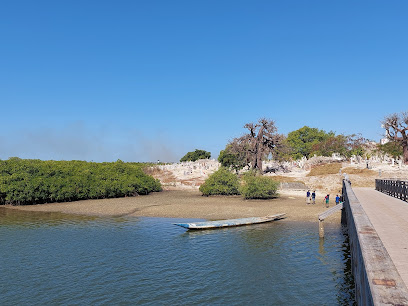
Grande Mosquée de Gandigal-Est
Discover the Grande Mosquée de Gandigal-Est in Mbour, a masterpiece of Islamic architecture and a serene hub of local culture and spirituality.

Plage grand Mbour
Discover the beauty and culture of Senegal at Plage Grand Mbour, a vibrant public beach perfect for relaxation and local cuisine.
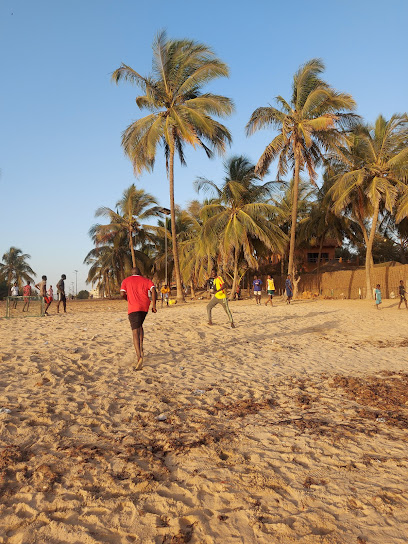
itourismetv
Explore Mbour, Senegal - a vibrant coastal city with stunning beaches, lively markets, and a rich cultural experience waiting for you.

Essential places to dine
La Brioche Dorée Mbour
Discover the vibrant tastes of Senegal at La Brioche Dorée Mbour – where local flavors meet international delights.
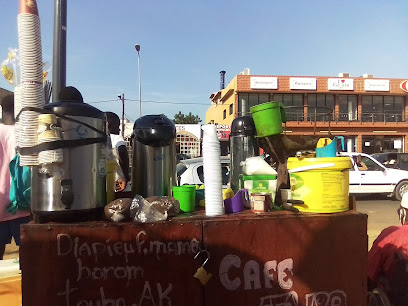
RESTAURANT JOMO BEACH by L'ENDROIT (DKR)
Experience authentic Senegalese cuisine at Restaurant Jomo Beach in Saly - where delicious flavors meet stunning ocean views.
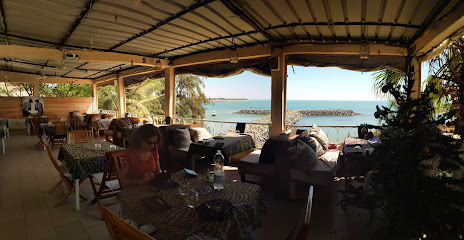
La Ferme de Saly
Discover authentic Senegalese flavors at La Ferme de Saly, where fresh seafood meets warm hospitality in Mbour.
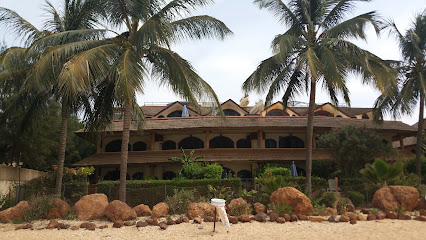
Keur Marrakis
Discover authentic Senegalese flavors at Keur Marrakis in Mbour – where culinary excellence meets warm hospitality.

Mammamia Mbour
Experience the sweetest moments at Mammamia Mbour, where every sundae is crafted with love and local flavors await.
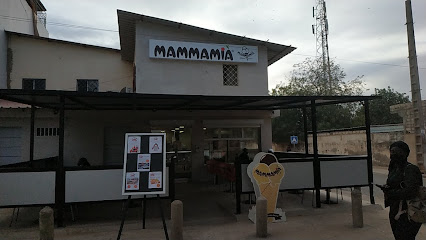
Restaurant le virage Chez Albert
Experience authentic Senegalese flavors at Restaurant le Virage Chez Albert in Mbour - a culinary haven for all food enthusiasts.
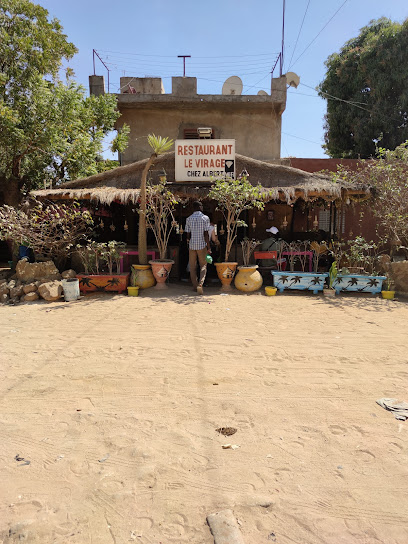
La Pirogue
Experience authentic Senegalese cuisine at La Pirogue in Mbour – where every meal tells a story of rich culinary heritage.
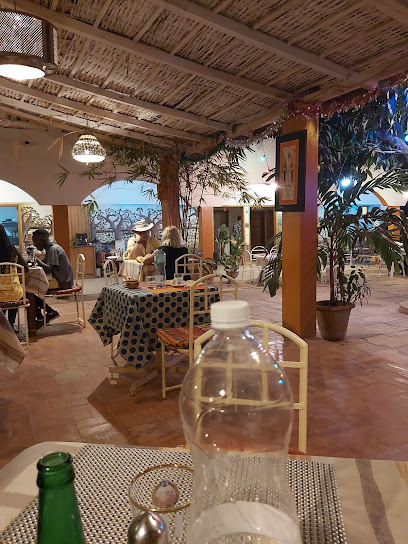
SODADE BAR RESTAURANT
Experience the vibrant flavors of Senegal at Sodade Bar Restaurant in Saly – where every meal is a celebration of local cuisine.
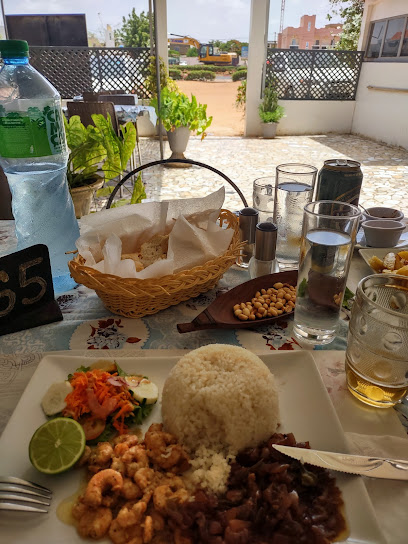
Keur tina
Experience authentic Senegalese cuisine at Keur Tina in Mbour – where every dish tells a story.
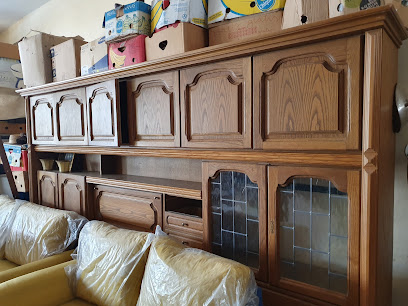
La Grignotte
Experience authentic Senegalese flavors at La Grignotte in Mbour – where every meal tells a story.
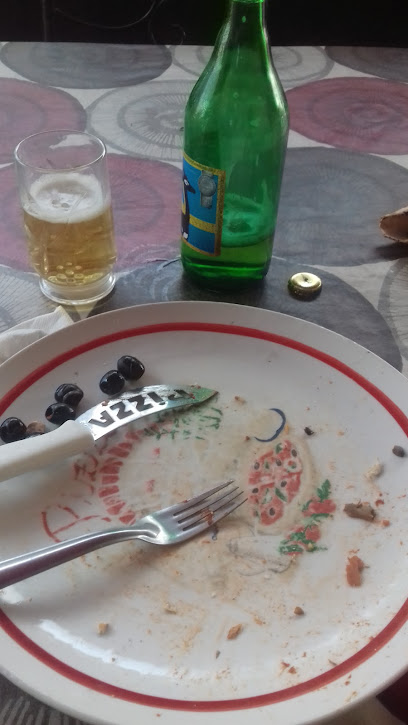
Chez Ely
Discover the heart of Senegalese cuisine at Chez Ely in Mbour – where every meal is a celebration of flavor and culture.
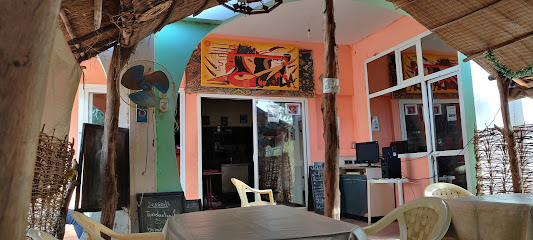
Awa restaurant
Discover family-friendly dining at Awa Restaurant in M'bour, where authentic Senegalese flavors meet warm hospitality.
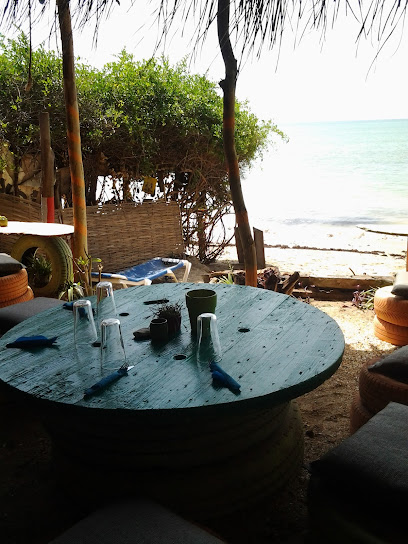
GAÏNDÉ CAFÉ-RESTAURANT
Discover authentic Senegalese cuisine in Mbour at GAÏNDÉ CAFÉ-RESTAURANT – where every dish tells a story.
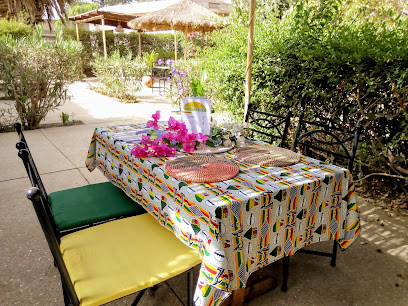
Resto Aféla
Discover authentic Senegalese cuisine at Resto Aféla in Mbour—where fresh ingredients meet warm hospitality.
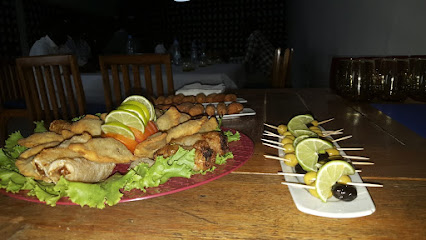
Ô Quart Four
Experience the essence of Senegalese cuisine at Ô Quart Four in M'bour, where every dish tells a story.
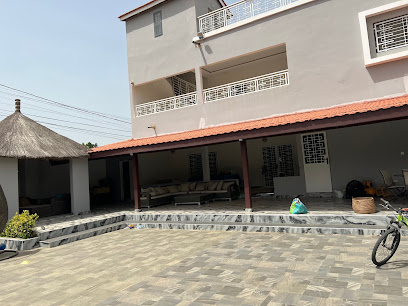
Markets, malls and hidden boutiques
Auchan Mbour
Shop at Auchan Mbour for an authentic taste of Senegalese culture and a vast selection of local and international products.
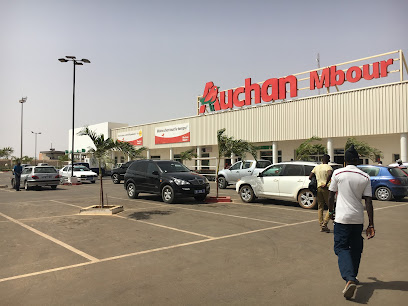
SR sn marché principal de mbour
Explore the vibrant SR sn marché principal de Mbour, a bustling shopping mall in Senegal offering fresh produce, local crafts, and delicious cuisine.
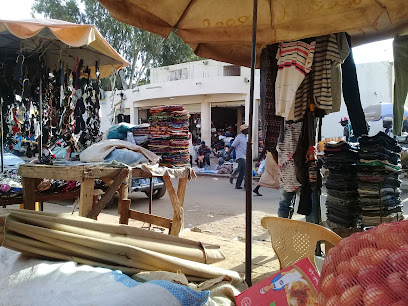
Boutique Numero Uno
Explore Boutique Numero Uno in M'bour for unique fashion accessories that blend contemporary style with traditional Senegalese craftsmanship.
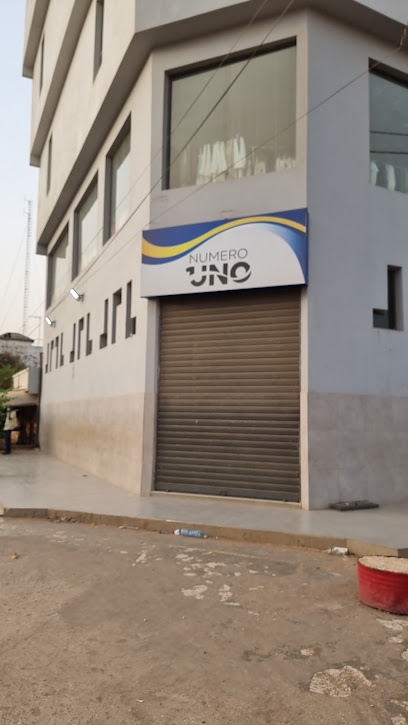
Avalanche
Discover local flavors and essentials at Avalanche, the premier supermarket in Mbour, Senegal, perfect for tourists seeking an authentic experience.
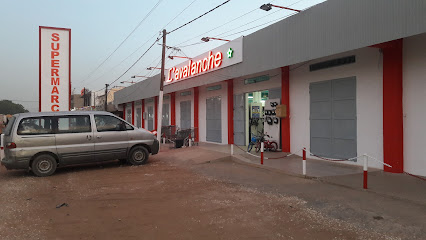
Chris Access
Explore Mbour's premier destination for appliances and electronics at Chris Access, where quality meets affordability in a vibrant shopping experience.
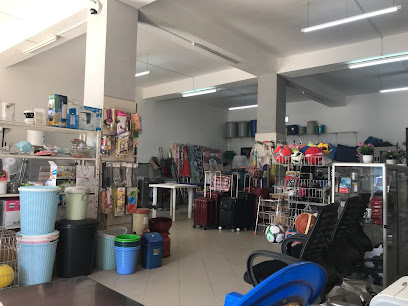
Sénégal bijouterie
Explore the beauty of handcrafted jewelry at Sénégal Bijouterie in Mbour, where local artisans bring Senegalese culture to life.
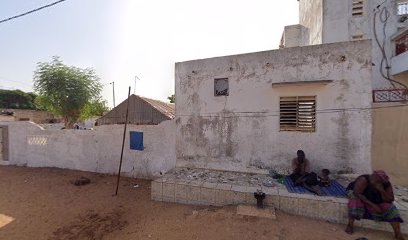
Supermarché Utile
Explore the vibrant flavors of Mbour at Supermarché Utile, your go-to supermarket for local and international delights.
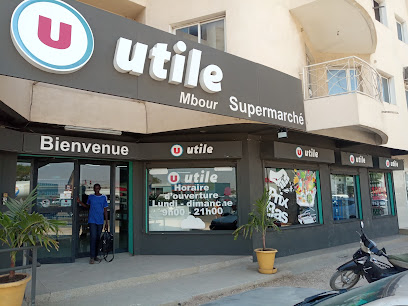
Mbour Games
Explore Mbour Games, the ultimate destination for gamers in Mbour, offering a fantastic selection of video games, consoles, and accessories.

Bambinerie Keur Khadim
Explore the vibrant styles of Senegal at Bambinerie Keur Khadim, your go-to clothing store in Mbour for unique fashion finds.

top surveillance
Explore Mbour's top surveillance service—your gateway to understanding computer security and local entrepreneurship in Senegal's vibrant tech landscape.
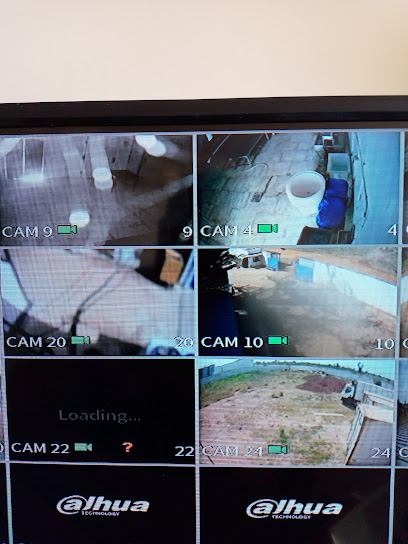
Paradise shop chez Alias
Explore the vibrant styles of Senegal at Paradise Shop Chez Alias, where local fashion and culture meet unique shopping experiences.
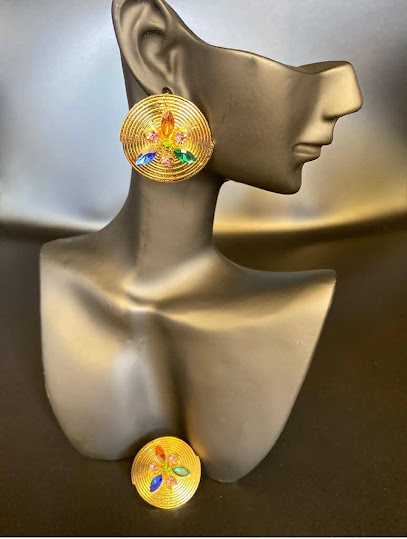
VIP SHOP Mbour
Explore trendy youth fashion at VIP SHOP Mbour—your go-to destination for stylish clothing in the heart of Mbour, Senegal.
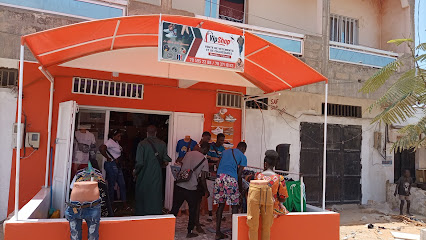
Edshop by EDMARK
Discover the vibrant world of health and beauty at Edshop by EDMARK in Mbour, where quality meets variety.
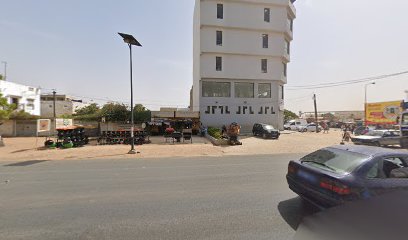
Bsneakers Shop 221
Discover the latest youth fashion trends at Bsneakers Shop 221 in Mbour, where style meets vibrant Senegalese culture.

Missal Business
Explore Missal Business in M'bour for unique handcrafted furniture and decor, a perfect blend of tradition and contemporary design.
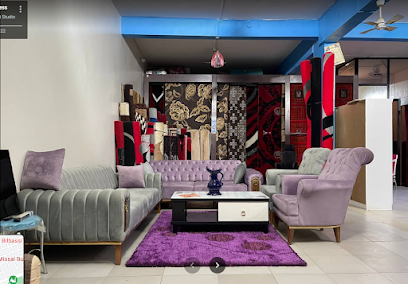
Essential bars & hidden hideouts
Djembe cafe
Discover authentic Senegalese cuisine at Djembe Cafe, a vibrant grill spot in M'bour, perfect for tourists craving local flavors.

Bar Mame Gnagna
Discover the heart of Mbour at Bar Mame Gnagna, a lively bar offering local drinks, vibrant music, and a welcoming atmosphere for tourists.
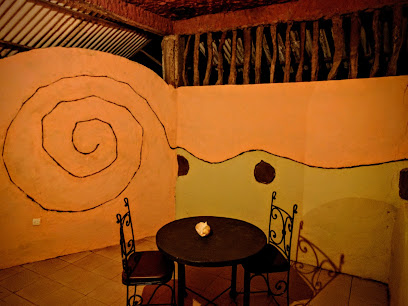
Bar - Restaurant Tim-Timol
Discover the charm of Bar - Restaurant Tim-Timol in Mbour, where local flavors meet breathtaking coastal views for an unforgettable dining experience.
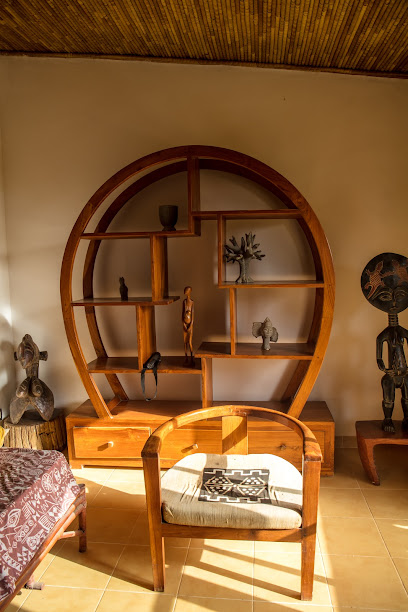
Paillote Chez Thico
Experience the best of Senegalese grilled cuisine at Paillote Chez Thico, where fresh flavors and warm hospitality await you in Mbour.

Vintage Bar restaurant
Experience the vibrant ambiance of Vintage Bar, a perfect lounge in Saly offering refreshing drinks and a lively atmosphere for socializing.

Bar Chez papis ex l'oasis chez Ndoffé
Discover the lively atmosphere of Bar Chez Papis in Mbour, a must-visit bar for tourists seeking authentic Senegalese culture and refreshing drinks.
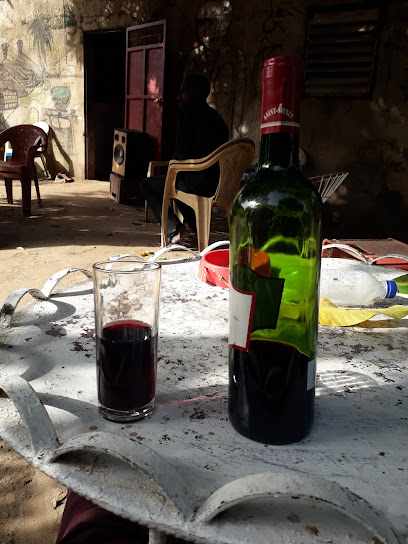
Black and white
Discover the lively atmosphere and vibrant nightlife at Black and White Bar in Mbour, Senegal, perfect for unwinding and socializing.
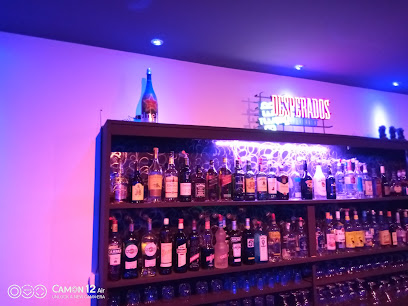
Chez kandji
Discover the vibrant nightlife and authentic local flavors at Chez Kandji, the ultimate bar experience in Mbour, Senegal.
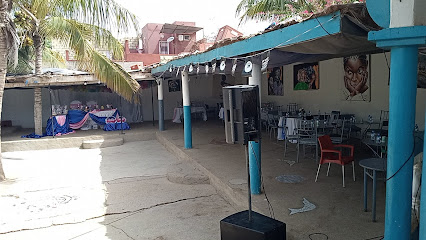
Eden Bar Resto
Discover the tranquil charm of Eden Bar Resto in M'bour, a perfect spot to unwind with refreshing drinks in a cozy atmosphere.
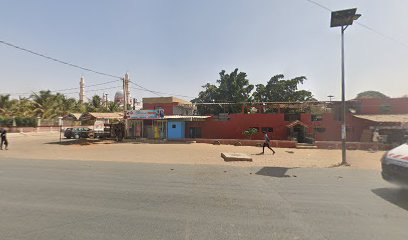
Ambroise
Discover the vibrant ambiance and refreshing drinks at Ambroise, a top bar destination in Saly, Senegal, perfect for tourists seeking local nightlife.
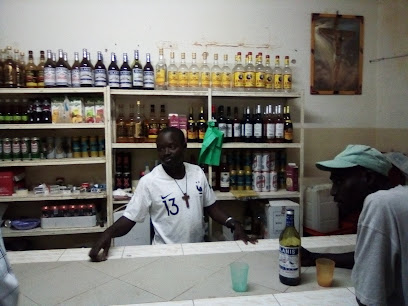
Le Jourdain la Source
Discover relaxation and local flavors at Le Jourdain la Source, Mbour's serene lounge for tourists and locals alike.
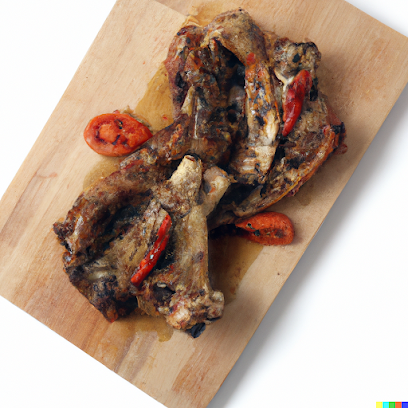
Barry 770136809
Discover Barry, a charming bar in Mbour, Senegal, offering a delightful atmosphere and refreshing drinks for the perfect local experience.
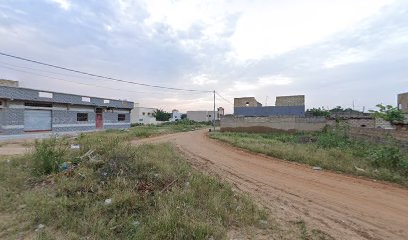
Chez Saflé
Experience the vibrant spirit of Mbour at Chez Saflé, a charming bar offering local flavors, refreshing drinks, and lively entertainment.
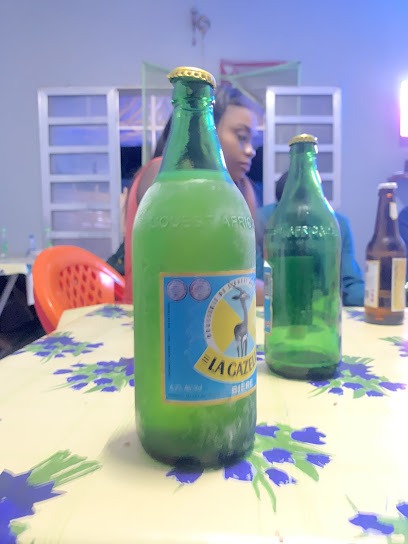
Lamzo
Discover the vibrant nightlife at Lamzo Bar in Mbour, where local culture meets a fantastic selection of drinks in a lively atmosphere.
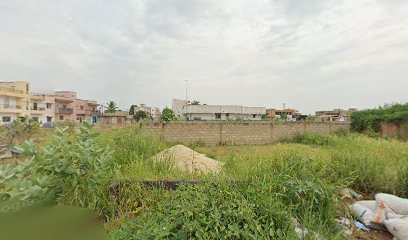
Local Phrases
-
- HelloSalaam aleikum
[sa-laam a-ley-kum] - GoodbyeBa ci kanam
[ba chi ka-nam] - YesWaaw
[waaw] - NoDéet
[deet] - Please/You're welcomeJërëjëf
[je-re-jef] - Thank youJërëjëf
[je-re-jef] - Excuse me/SorryNopp
[nopp] - How are you?Nanga def?
[nan-ga def] - Fine. And you?Jamm. Nopp?
[jam nop] - Do you speak English?Bul ko def Englisi?
[bul ko def en-gli-si] - I don't understandDéedéet la
[dee-deet la]
- HelloSalaam aleikum
-
- I'd like to see the menu, pleaseNjëkkal menu bi, def
[nye-kal me-nu bi def] - I don't eat meatDéedéet ma yàpp la
[dee-deet ma yap la] - Cheers!Santé!
[san-te] - I would like to pay, pleaseNjëkkal la, def
[nye-kal la def]
- I'd like to see the menu, pleaseNjëkkal menu bi, def
-
- Help!Nopp!
[nopp] - Go away!Xaleyi!
[xa-le-yi] - Call the Police!Noppal xarit
[noppal xa-rit] - Call a doctor!Noppal tabax
[noppal ta-bakh] - I'm lostNoppal la
[noppal la] - I'm illNoppal la
[noppal la]
- Help!Nopp!
-
- I'd like to buy...Njëkkal ci...
[nye-kal chi] - I'm just lookingNoppal la
[noppal la] - How much is it?Ñaari la?
[nya-ri la] - That's too expensiveYàpp lañuy xalis
[yap la-nuy xa-lis] - Can you lower the price?Bul ko taxaw xalis bi?
[bul ko ta-khaw xa-lis bi]
- I'd like to buy...Njëkkal ci...
-
- What time is it?Wàñu ko def?
[wa-nu ko def] - It's one o'clockWaxtu tééj
[wakh-tu teej] - Half past (10)Njëbët (10)
[nye-bet (10)] - MorningSuba
[su-ba] - AfternoonXët wàll
[khet wahl] - EveningKër gi
[ker gi] - YesterdayNopp
[nopp] - TodayXalis
[xa-lis] - TomorrowMeray
[me-ray] - 1Benn
[ben] - 2Juj
[jooj] - 3Sët
[set] - 4Nëgg
[neg] - 5Juroom
[joo-room] - 6Waxtu juroom
[wakh-tu joo-room] - 7Waxtu ñett
[wakh-tu nyaet] - 8Waxtu jëmm
[wakh-tu jem] - 9Waxtu ñeent
[wakh-tu nyaent] - 10Waxtu fukk
[wakh-tu fook]
- What time is it?Wàñu ko def?
-
- Where's a/the...?Nanga def...?
[nan-ga def] - What's the address?Adrees bi ko def?
[a-drees bi ko def] - Can you show me (on the map)?Bul ko am naa (soppi ñett)
[bul ko am na (sop-pi nyaet)] - When's the next (bus)?Defu waxtu bu ñuy?
[defu wakh-tu bu nya] - A ticket (to ....)Biléet (ci ....)
[bi-leet chi]
- Where's a/the...?Nanga def...?
History of Mbour
-
Mbour, located on the Petite Côte of Senegal, has a rich history dating back to the pre-colonial era. It was originally inhabited by the Serer people, who are known for their deep-rooted cultural traditions and governance systems. The area was primarily a fishing and agricultural community, benefiting from its coastal location and fertile land.
-
During the 19th century, Senegal became a part of French West Africa, and Mbour was no exception to the sweeping colonial changes. The French established trading posts and sought to capitalize on the region's resources. This period saw the introduction of new agricultural techniques and crops, as well as the construction of infrastructure that connected Mbour to other parts of Senegal.
-
Senegal gained independence from France in 1960, a monumental event that shaped Mbour's modern history. The town began to grow rapidly, transforming from a small fishing village into a bustling urban center. Significant investments were made in education, healthcare, and transportation, contributing to the area's development.
-
Mbour is renowned for its vibrant fishing industry. The local fish market is one of the largest in Senegal and serves as a critical economic hub. Fishing techniques have evolved over the years, blending traditional methods with modern technology, ensuring sustainability and economic growth. The market is a lively place, offering a glimpse into the daily lives of the fishermen and their families.
-
Mbour is a cultural melting pot, hosting numerous festivals that celebrate its diverse heritage. One of the most notable is the Festival de Mbour, which features traditional music, dance, and art. These festivals are not only a showcase of the local culture but also a means of preserving and promoting it for future generations.
-
In recent decades, Mbour has become a popular tourist destination, known for its beautiful beaches and warm hospitality. The hospitality industry has flourished, with numerous hotels, resorts, and restaurants catering to international visitors. Tourism has provided a significant boost to the local economy, creating jobs and fostering cultural exchange.
-
Mbour is actively involved in environmental conservation efforts, particularly focusing on marine life and coastal ecosystems. Various non-governmental organizations and community groups work together to promote sustainable fishing practices and protect endangered species. These efforts are crucial for maintaining the natural beauty and biodiversity of the region.
Mbour Essentials
-
Mbour is located in the Thiès Region of Senegal, about 80 kilometers south of Dakar. The nearest international airport is Blaise Diagne International Airport (DSS) in Diass, approximately 30 kilometers from Mbour. From the airport, you can take a taxi or arrange for a private transfer to Mbour. Public buses and minibuses (known as 'Ndiaga Ndiaye') also operate between the airport and Mbour, offering a more affordable option.
-
Within Mbour, you can get around using taxis, which are plentiful and relatively inexpensive. Negotiate the fare before starting your journey. For a more local experience, you can use the 'Ndiaga Ndiaye' minibuses or 'car rapides,' which are colorful and iconic but can be crowded. Renting a car is also an option, but be aware that driving conditions can be challenging due to traffic and varying road conditions.
-
The official currency in Senegal is the West African CFA Franc (XOF). Credit cards are accepted in some hotels, restaurants, and shops, but it's advisable to carry cash, especially in smaller establishments and markets. ATMs are available in Mbour, and it’s a good idea to withdraw sufficient cash upon arrival. Ensure you have some smaller denominations for easier transactions.
-
Mbour is generally safe for tourists, but it's important to take standard precautions. Avoid walking alone at night, especially in less populated areas. Keep an eye on your belongings in crowded places like markets and public transport. Some areas, such as the fishing port and certain neighborhoods, have higher petty crime rates; exercise caution and stay vigilant.
-
In case of emergency, dial 17 for police assistance, 18 for the fire department, or 15 for medical emergencies. Mbour has a local police station and medical facilities, including pharmacies where you can purchase over-the-counter medications. It is strongly recommended to have travel insurance that covers medical emergencies. For more serious issues, the hospitals in Dakar are better equipped.
-
Fashion: Do dress modestly, particularly when visiting religious sites or rural areas. Avoid wearing revealing clothing. Religion: Do respect local customs and traditions. Remove your shoes when entering mosques and avoid interrupting prayer times. Public Transport: Do be respectful and polite. Don’t eat or drink on public transport. Greetings: Do greet people with a handshake or a friendly 'Salam Alaikum.' Eating & Drinking: Do try local dishes and accept food offerings graciously. Don’t refuse hospitality as it is considered impolite.
-
To experience Mbour like a local, visit the bustling weekly market (lumo) where you can buy fresh produce, artisanal crafts, and traditional fabrics. Engage with locals, who are generally warm and welcoming, willing to share stories about their culture and history. Don’t miss the fish market at the port in the early morning for a vibrant local scene. For a unique experience, consider taking a pirogue (traditional boat) ride along the coast.
Trending Landmark in Mbour
-
African Renaissance Monument
-
Bandia Reserve
-
Lamantin Beach Hotel
-
IFAN Historical Museum
-
Monument du Millénaire
-
IFAN Museum of African Arts
-
Mémorial Gorée-Almadies
-
Mosquée Serigne Saliou de Mbour
-
Lagune de la Somone
-
Tama Lodge
-
La Ferme de Saly
-
Keur Marrakis
-
Monuments de grand yoff
-
Kart'ing SALY
-
Happy Excursions Senegal
Nearby Cities to Mbour
-
Things To Do in Thiès
-
Things To Do in Dakar
-
Things To Do in Kaolack
-
Things To Do in Bakau
-
Things To Do in Serekunda
-
Things To Do in Serrekunda
-
Things To Do in Banjul
-
Things To Do in Lamin
-
Things To Do in Brikama
-
Things To Do in Gunjur
-
Things To Do in Farafenni
-
Things To Do in Saint-Louis
-
Things To Do in Soma
-
Things To Do in Janjanbureh
-
Things To Do in Canchungo








